Reformation Day
The last Sunday of October is observed as Reformation Day. You may or may not know that Martin Luther called for discussions of reform in the church a little over 500 years ago. He had no intention of initiating a global movement. What he meant to do was address a few troubling practices which had crept into the church over the centuries. Some of these had led to corruption and the exploitation of the laity, especially the poor.
On October 31, 1517 Dr Luther, who was a professor of theology at the college in Wittenberg, Germany, posted a list of propositions he wished to discuss publicly before anyone who wanted to come and listen. This was not a novel or radical thing to do in the day. Such “debates” were fairly common. Someone, indeed anyone, could post “theses” for public discussion, arrange a hall or church to hold the debate, and people would show up and listen to two or three men argue about the list of points up for discussion.
Few of Luther’s complaints were new. Several other priests and bishops had complained about all this before. Even kings and queens had appealed directly to popes about profligacy in the church (Queen Isabella—of Christopher Columbus fame—exiled oodles of priests and bishops from her lands for corruption just a few years prior to Luther’s debate).
But somehow on this occasion, at this unlikely location (Wittenberg University was only 15 years old), everything fell into place and lightening struck. Luther’s list of debate topics—all 95 of them—were reposted all over Germany…and eventually throughout Europe. He had kicked a hornet’s nest, and his simple and common criticisms of pretty indefensible actions on the part of high level leadership within Christ’s Church became a crisis.
The real problem within the church was a question of authority—and more vitally, of the focus and purpose of the church. High level leaders within the church had, over the span of decades and centuries, seized a near absolute control and altered the Church’s focus. They slowly—almost imperceptibly—altered what the church stood for.
Many, perhaps most, of those who were guilty of causing this, likely didn’t even realize what they were doing. But over time, the church became something Jesus never intended. Instead of being a place of God’s grace and forgiveness, it had become rigid, wrathful, and greedy. This happened because the leaders of the church allowed human rules and dictates to replace God’s Word. It was similar to what the Pharisees had done in Jesus’s day.
Sadly, it is a pretty common human error. We’re all susceptible to it. And that’s pretty much to point of Reformation. Frequent revisiting of “Reformation Day” isn’t supposed to be a history lesson; it’s meant to serve as a check on ourselves. It calls us to ask if we’ve drifted from Jesus’s message. It calls us to review what we’re doing in our lives, and in our congregations. It demands we check our traditions to insure they’re still inline with what we see in God’s Word. It calls us to focus on what’s MOST important to God, instead of our own hobby horses and personal preferences.
At this time of year, may each of us ponder if what we’re most focused on is what God wants us concerned about…or whether we might need a bit of Reforming ourselves.
The Peace of Christ!
Pastor Derek
